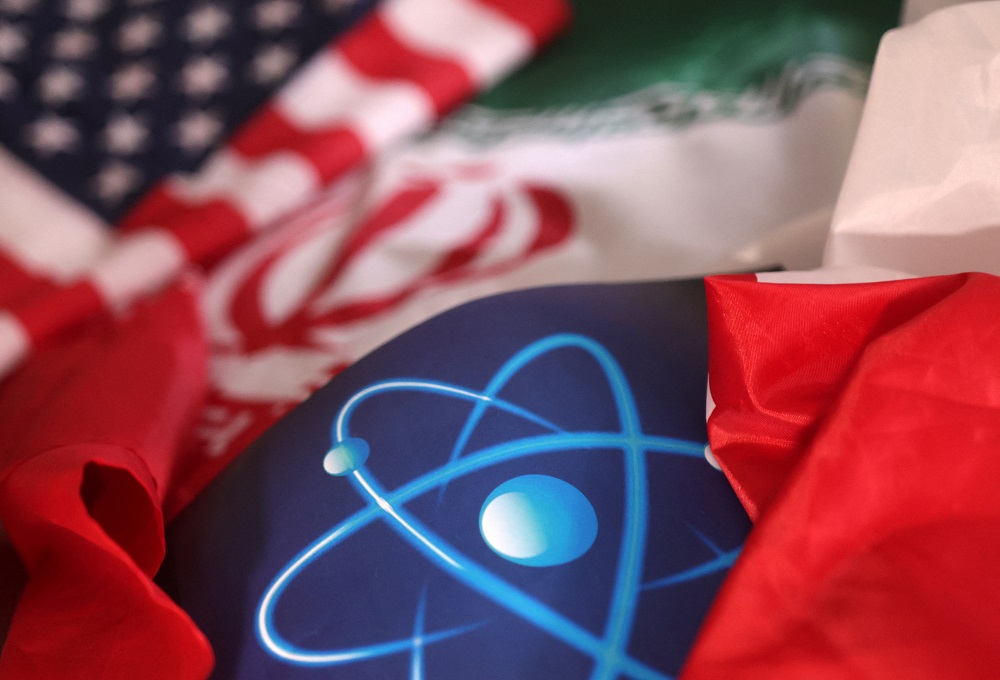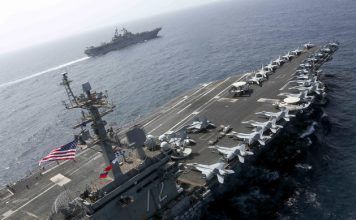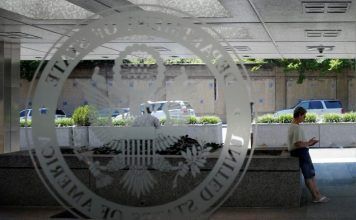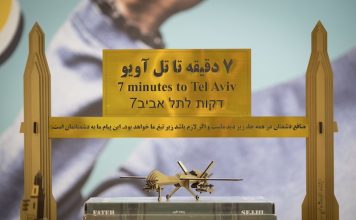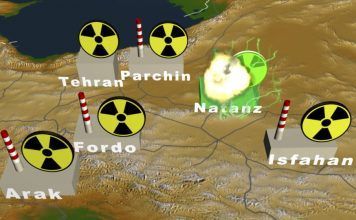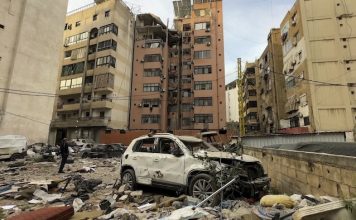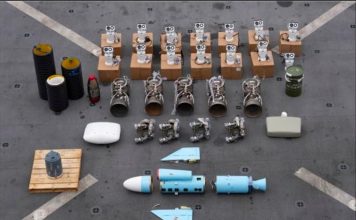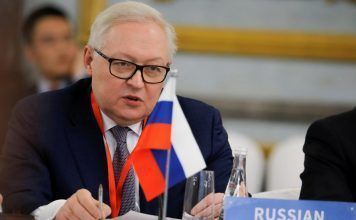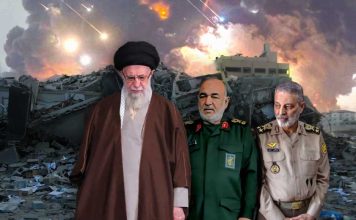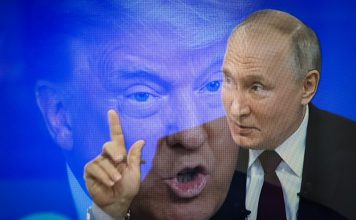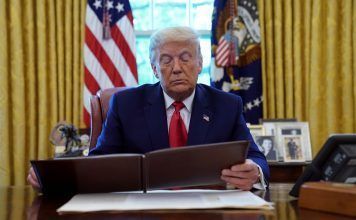By Ahmad Rafat
Japanese newspapers have reported that Japan will mediate a round of talks to revive the 2015 Joint Comprehensive Plan of Action (JCPOA), the Iran nuclear deal. While Vienna was the site of the last eight negotiation rounds (held between April 2021 and March 2022), Tokyo will reportedly host the next meeting.
In an interview with the Tehran-based Didban Iran news website, Shahriar Heydari, a member of the Majlis (Iranian Parliament) National Security Commission, said the signatories to the JCPOA will “resume talks in a third-party country,” adding that “the Iranian government had recently received messages from Western countries.”
“I think the groundwork is prepared for future JCPOA talks, which could happen in Japan, given the country has said it is ready to host the event,” Heydari explained.
According to diplomatic sources in Iran, during his visit to Tokyo in August, Iranian Foreign Minister Hossein Amir-Abdollahian discussed the resumption of the nuclear talks and U.S. rejoining the JCPOA with his then Japanese counterpart, Yoshimasa Hayashi, and Japan’s Prime Minister Fumio Kishida.
Japan is eager to revive the nuclear deal, given that it is one of the main customers of Iranian oil, but stringent U.S. sanctions prevent Tokyo from buying Iranian oil.
Former U.S. President Donald Trump withdrew from the JCPOA in May 2018, but nuclear talks resumed in Vienna in 2021, with the European Union (EU) acting as a mediator.
After the last meeting in Vienna yielded no concrete results, the EU mediated three indirect talks between Iran and the U.S. in the Qatari capital, Doha, between June 2022 and May 2023. The U.S. accused Iran of making demands that exceeded the original JCPOA agreement.
Meanwhile, the Amwaj-Media news website published a report on Sept. 26, which, if true, can signal a significant development in the nuclear talks.
In an “exclusive” report headlined “Khamenei Approves Direct Iran-U.S. Nuclear Talks,” the website said: “Senior Iranian officials, who wish to remain anonymous, have said that Ali Bagheri Kani (Islamic Republic’s senior nuclear negotiator) has received [Iran’s Leader] Ali Khamenei’s permission to speak with the U.S. directly.”
According to Amwaj-Media, Ali Bagheri Kani and Brett McGuirk, the White House Coordinator for the Middle East and North Africa, will meet in Oman’s capital, Muscat, in mid-October. The discussion will not be about money for the release of hostages held in Iran, but rather about reviving the JCPOA.
Josep Borrell, the High Representative of the European Union for Foreign Affairs and Security Policy, finally broke his silence over the JCPOA on Oct. 6. He said he had received a letter from three signatories to the 2015 JCPOA (Germany, Britain, and France) whereby they would not lift sanctions related to Iran’s missile and nuclear programs on Oct. 18, as had previously been agreed under the 2015 nuclear deal and UN Security Council Resolution 2231, and that they were prepared to enforce those sanctions unilaterally.
While there is no shortage of speculation around the rebooting of the JCPOA and the U.S. rejoining the talks, new information has emerged on the subject of Iran’s nuclear activity.
Previously, whenever negotiations reached a deadlock, leaked confidential reports would claim that Tehran was only a few steps away from having an atomic bomb. Such news immediately set off alarm bells, giving urgency to efforts to reach a nuclear agreement with Iran.
The latest information on Iran’s nuclear activities comes from the Israeli media, and claims that Israeli Prime Minister Benjamin Netanyahu and Israeli Defense Minister Yoav Galant have seen a U.S. Defense Department dossier warning that the Islamic Republic is only two weeks away from having an atomic bomb.
If the information in the alleged secret file is correct, there are two ways to stop the Islamic Republic from getting an atomic bomb: either revive the JCPOA immediately, or launch a military operation against the nuclear facilities in Iran.
The recent unexpected war between Hamas and Israel could be related to the second option, i.e., a possible Israeli military operation against the Islamic Republic’s nuclear facilities. Israel’s fight with Hamas is, in fact, a proxy war with Iran, and so under current circumstances, it cannot get involved in a more complicated conflict with the Islamic Republic than its attacks in the Gaza Strip.
Tehran probably issued the order for the massive missile attack on Israel. The Islamic Revolutionary Guards Corps Aerospace Force (IRGCAFS) said its intelligence wing had constructed two underground workshops (measuring 1,600 square meters) in Gaza to build surface-to-air missiles and assemble “Arash” long-range loitering munition drones.
If true, the development boosts Hamas’ strategic capabilities. The groups’ massive attacks on Israel could be evidence of this report’s accuracy.

